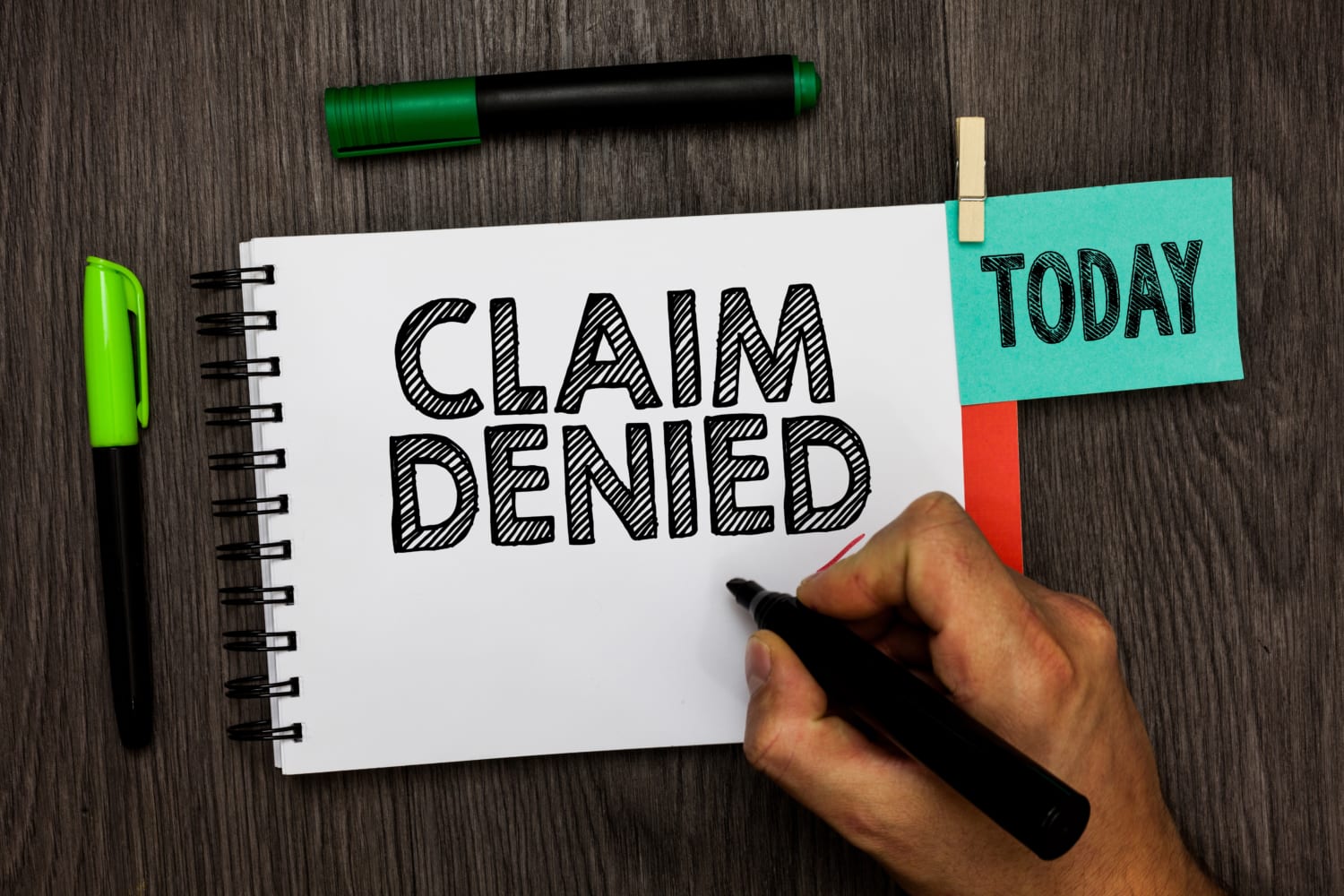Denied Life Insurance: What to Do Next?

What You Can Do if You’re Denied Life Insurance
What should you do if you are denied for life insurance? Like they say, if at first you don’t succeed, try, try again—with a different insurer. Whether or not an insurance provider will sell you a life insurance policy is up to the insurer. You just might have better results with another company.
What Can Lead to Denial?
1. Chronic Illness
There are a number of reasons coverage can be denied, but not all companies follow the exact same guidelines. Common health issues that could trigger a denial include:
- Heart disease
- Parkinson’s disease
- Obesity
- Cancer
- Diabetes
- HIV and AIDS
2. Bad Lifestyle Choices
If you smoke or have a risky job or hobby, such as skydiving, you may still be able to get coverage, but expect significantly more expensive premiums. However, if you also have a chronic medical condition, your application will more likely be denied.
3. Your Age
It gets harder to qualify for life insurance the older you get. If you already have a policy, the cost goes up as you age. Some companies cut your benefit in half and charge you more when you reach 70 years of age. Others won’t approve your application for certain life insurance products.
What Happens After You Apply?
When you submit an application for life insurance, the provider begins to assess their risks. They collect a range of information from a variety of sources. Typical policies require you get a medical exam. Another step the insurance provider takes is to read through all your medical records to see any red flags.
You Were Denied, So Now What?
1. Review Data
Ask for a copy of the information the carrier used to make their decision and make sure it’s all current and correct. If you find an issue, you can try to rectify it. Your health care records may mention you are a smoker, but you’re not, for example. In that case you would contact your healthcare provider to make a change on your records.
2. Talk to Your Broker
Your broker may be able to make recommendations for a different policy.
3. Buy Alternative High-Risk Coverage
If you don’t qualify for a traditional life insurance policy, you have options. These come with drawbacks, such as very high premiums and/or much lower benefit payouts.
Simplified-issue life insurance – Simplified-issue policies don’t require a health exam but still looks at your medical files. You will be interviewed, however, and if you hide anything and it later comes to light, you can lose your benefits, even after death.
Guaranteed-acceptance life insurance – The provider doesn’t require an exam and doesn’t read through your medical records. You will still be interviewed to ascertain any health issues, and, again, if you misrepresent yourself you can lose coverage down the road. Premiums are expensive, as with simplified-issue insurance, and the death benefit is much lower.
Employer group life insurance – Check to see if you have coverage through your employer. Keep in mind, though, that if you leave your job, your life insurance does not go with you.
Learn More
Want to know more about life insurance? Read this explanation at EINSURANCE.com.

 EINSURANCE
EINSURANCE EINSURANCE
EINSURANCE EINSURANCE
EINSURANCE